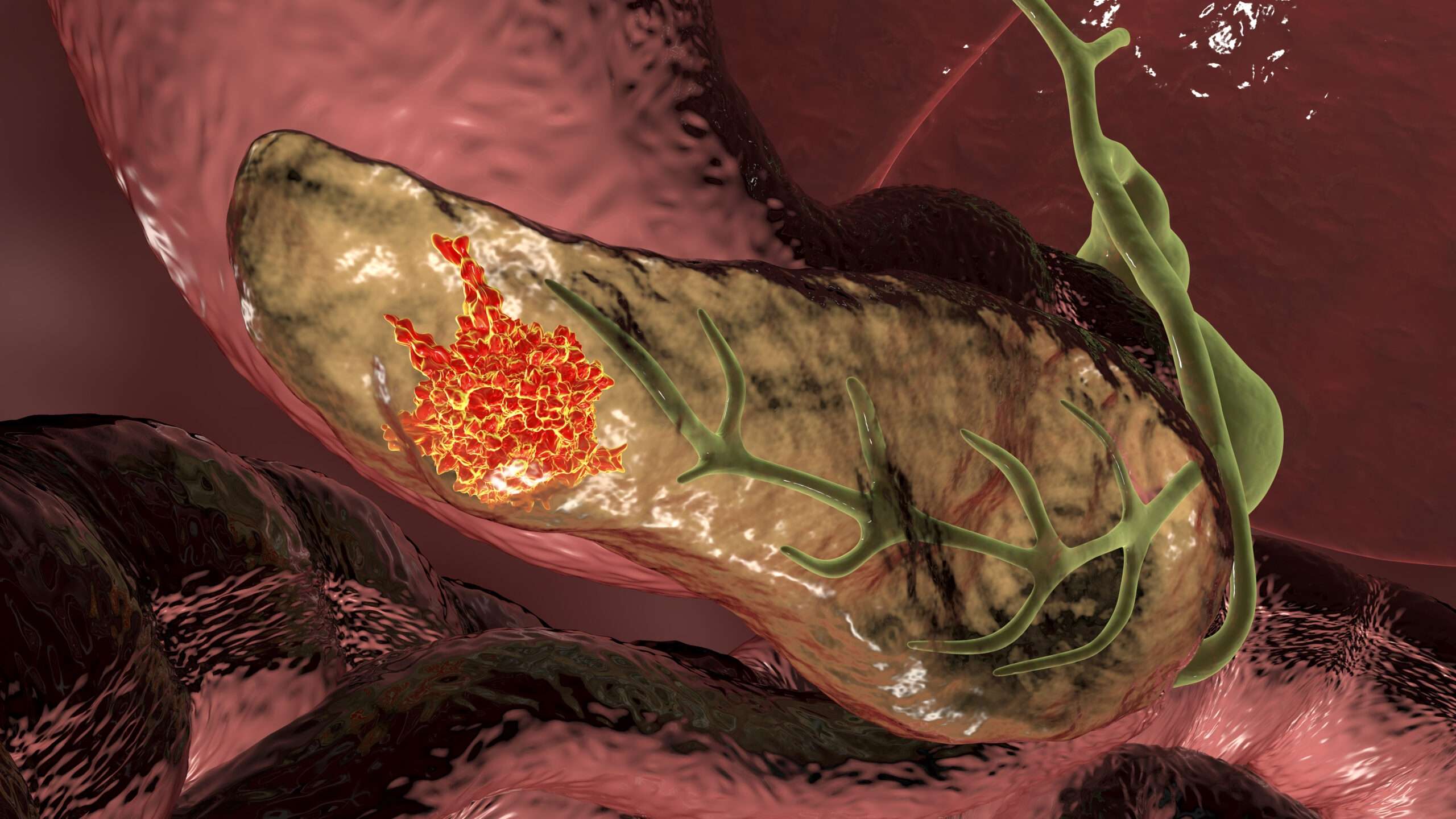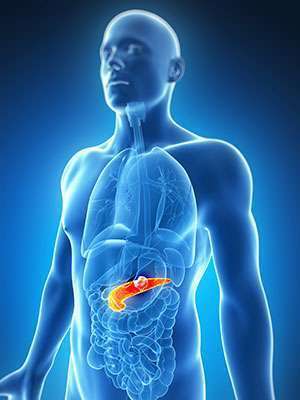Title: Pancreatic Cancer: Signs, Symptoms, Causes, Risk Factors, Diagnosis, Prevention, Diet, Lifestyle, and Homoeopathic Treatment
Introduction:
Pancreatic cancer is a serious and often aggressive form of cancer that affects the pancreas, a vital organ involved in digestion and blood sugar regulation. Understanding the signs, symptoms, causes, risk factors, diagnosis methods, prevention strategies, diet and lifestyle considerations, and the potential role of homoeopathic treatment is crucial for raising awareness and supporting individuals affected by pancreatic cancer. In this blog post, we will explore the key aspects of pancreatic cancer and its holistic approach to treatment.
Signs and Symptoms of Pancreatic Cancer:
1. Abdominal pain: Dull or sharp pain in the upper abdomen or back.
2. Jaundice: Yellowing of the skin and eyes due to a buildup of bilirubin.
3. Digestive problems: Unexplained weight loss, poor appetite, and changes in bowel movements (diarrhea or pale, greasy stools).
4. Fatigue and weakness: Feeling tired and lacking energy.
5. New-onset diabetes: Sudden development of diabetes, especially in individuals with no prior history.
Common Causes of Pancreatic Cancer:
1. Age: Pancreatic cancer is more common in older adults.
2. Smoking: Cigarette smoking increases the risk of developing pancreatic cancer.
3. Family history: Having a family history of pancreatic cancer or certain genetic syndromes, such as BRCA2 mutation or hereditary pancreatitis.
4. Chronic pancreatitis: Long-term inflammation of the pancreas can increase the risk.
5. Diabetes: Individuals with long-standing diabetes may have an increased risk.
Risk Factors for Pancreatic Cancer:
1. Tobacco use: Cigarette smoking is the leading modifiable risk factor for pancreatic cancer.
2. Obesity: Excess body weight, especially around the waist, increases the risk.
3. Family history: Having a close relative (parent, sibling, or child) with pancreatic cancer.
4. Certain inherited gene mutations: BRCA1, BRCA2, PALB2, and other gene mutations associated with hereditary breast and ovarian cancer syndromes.
5. Chronic pancreatitis: Long-term inflammation of the pancreas.
6. Diabetes: A long history of diabetes, especially if diagnosed after the age of 50.
Diagnosis of Pancreatic Cancer:
1. Imaging tests: CT scan, MRI, or ultrasound to visualize the pancreas and surrounding areas.
2. Biopsy: Removal of a tissue sample for laboratory analysis to confirm the presence of cancer cells.
3. Blood tests: Measure specific markers, such as CA19-9, to assess the extent and progression of pancreatic cancer.
Prevention Strategies, Diet, and Lifestyle Considerations:
1. Quit smoking: Avoid tobacco in any form to reduce the risk of pancreatic cancer.
2. Maintain a healthy weight: Adopt a balanced diet rich in fruits, vegetables, whole grains, and lean proteins.
3. Limit alcohol consumption: Moderate alcohol intake and avoid excessive drinking.
4. Exercise regularly: Engage in regular physical activity to maintain a healthy weight and overall well-being.
5. Manage diabetes: If you have diabetes, work with your healthcare team to manage your blood sugar levels effectively.
Homoeopathic Treatment for Pancreatic Cancer:
Homoeopathic treatment for pancreatic cancer aims to support overall well-being, alleviate symptoms, and improve quality of life. While homoeopathic medicine does not claim to cure cancer, it can provide support and help manage symptoms. The selection of remedies depends on individual symptoms, constitutional factors, and the guidance of a qualified homoeopathic practitioner.
Conclusion:
Pancreatic cancer is a challenging disease with a significant impact on individuals and their families. By understanding the signs, symptoms, causes, risk factors, diagnosis methods, prevention strategies, diet and lifestyle considerations, and exploring homoeopathic treatment as a complementary approach, individuals affected by pancreatic cancer can seek holistic support and improve their quality of life. Remember to consult healthcare professionals for an accurate diagnosis, conventional treatment options, and to create a comprehensive treatment plan tailored to your specific needs.


Leave a Message